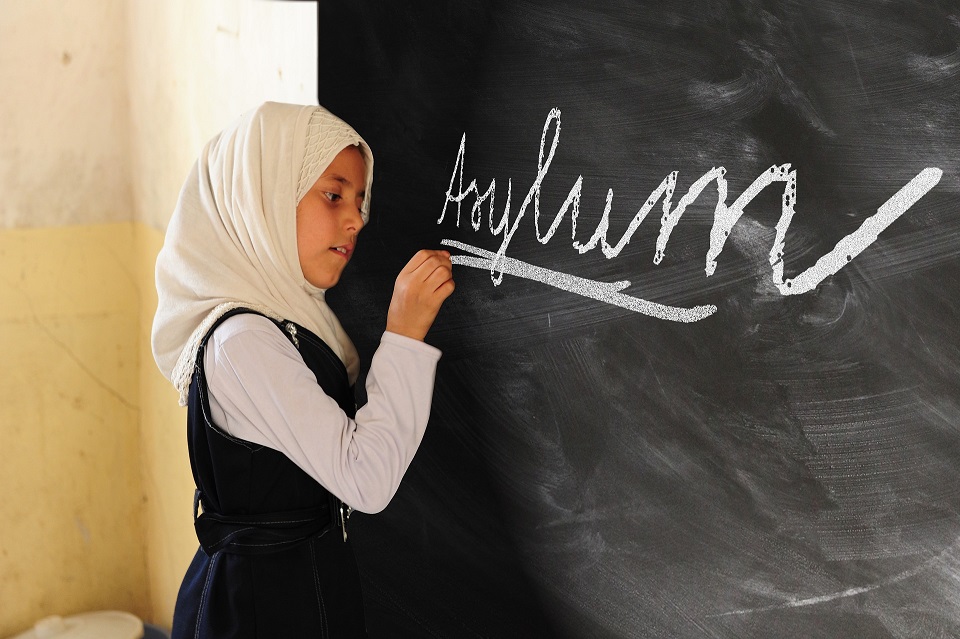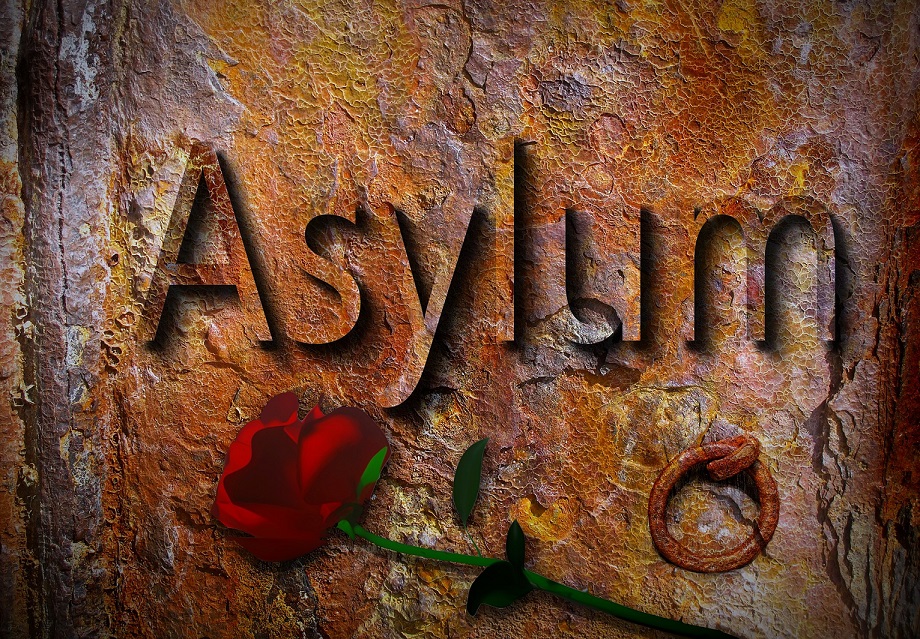Since the start of the year, 31,292 migrants have arrived in Italy, almost four times the 7,928 who arrived in the same period in 2021. As a result, the Italian government has declared a state of emergency.
 In just five days, from 7-12 April, 3,002 people made landfall, 1,389 on Easter Sunday alone.
In just five days, from 7-12 April, 3,002 people made landfall, 1,389 on Easter Sunday alone.
To date, 3,038 unaccompanied minors have arrived in 2023, meaning that the daily average far exceeds the figure for last year, when 14,044 unaccompanied minors arrived in total.
These figures have been released by the Italian Ministry of the Interior, whose undersecretary, Wanda Ferro, told the Il Giornale newspaper that the state of emergency had been adopted due to the “unprecedented wave of landings in the last few days”. The aim is to curb what some observers consider a migratory tsunami. According to the legislator of the far-right ruling party, Brothers of Italy, this situation “is a measure of the increasingly explosive situation that, unfortunately, runs the risk of intensifying with the arrival of better weather conditions”.
Tommaso Foti, Brothers of Italy leader in the lower Chamber of Deputies, told the TG4 news programme that, faced with this crisis, “Europe needs to strike a blow, or Italy will have to do it alone, even using its navy, because it is clear that we cannot go on like this”. According to experts, such comments indicate a potential to apply extreme measures.
 The state of emergency on migration, which will last for at least six months, was approved on Tuesday afternoon by the cabinet. It was proposed by the Minister for Civil Protection and Sea Policies, Nello Musumeci, to address what he described as “the seriousness of a phenomenon that is marking a 300% increase”.
The state of emergency on migration, which will last for at least six months, was approved on Tuesday afternoon by the cabinet. It was proposed by the Minister for Civil Protection and Sea Policies, Nello Musumeci, to address what he described as “the seriousness of a phenomenon that is marking a 300% increase”.
The measure will receive initial funding of 5 million euros to implement actions using the extraordinary powers granted to the government, including the possible repeal of some of the legislation currently in force to “ensure an effective and timely response”, the document indicates. Opponents cite the risk of the government implementing easy expulsions, perhaps without proper consideration of the legal status or humanitarian situation of the people who arrive in Italy fleeing war, hunger, persecution, and serious human or civil rights violations. PL
(Translated by Rebecca Ndhlovu) – Photos: Pixabay












.jpg)












